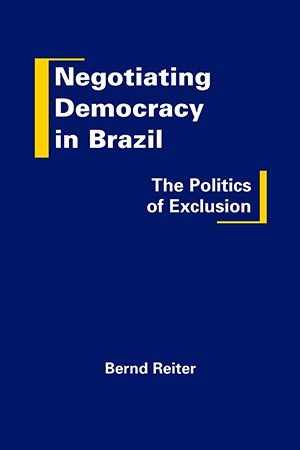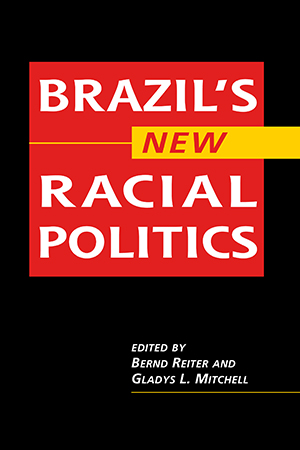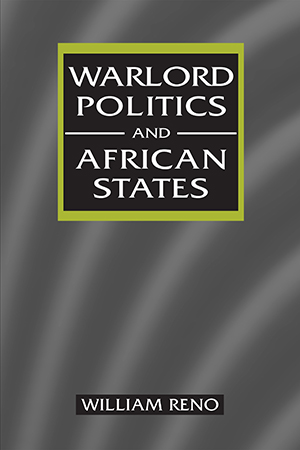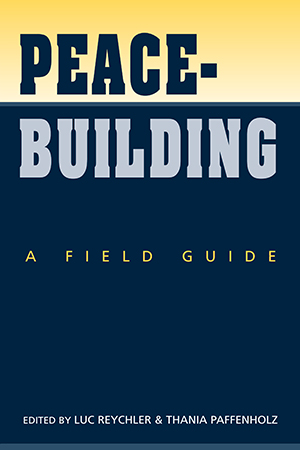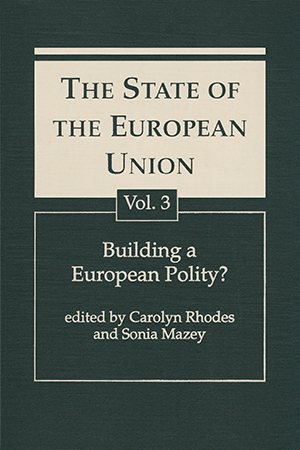BOOKS
Israel is simultaneously a major exporter and a leading importer of the most modern weapons systems in the world. The exports of its arms industry provide the national economy with over $1 More >
Do societal inequalities limit the effectiveness of democratic regimes? And if so, why? And how? Addressing this question, Bernd Reiter focuses on the role of societal dynamics in More >
As the popular myth of racial equality in Brazil crumbles beneath the weight of current grassroots politics, how will the country redefine itself as a multiethnic nation? Brazil’s New More >
Prevention of crime on college campuses—and at similar facilities such as hospitals and museums— can be greatly improved by the use of new high-definition crime mapping More >
A multipronged policing strategy to reduce drug trafficking in local communities is proposed in this new book by three Temple University researchers. The proposed strategy has been developed More >
The dramatic reconfigurations of political authority taking place in Africa—what many term "warlordism" or "state failure"—call for an exploration of the More >
This book presents reflections on the New German Cinema by such prominent artists as Fassbinder, Kluge, and Syberberg. Positioning these filmmakers' statements within their historical More >
A milestone in the search for sustainable peace, this handbook highlights the invaluable contributions of people working in the field. The authors clarify how fieldworkers "fit" in More >
A richly detailed chronicle of a cross-cultural odyssey in the Philippines under U.S. colonial rule. The son of a Filipino father and a North American (Brooklyn-born) mother, Norman Reyes More >
With the ratification of the Treaty on European Union (Maastricht) in 1993, a new era in the history of European integration emerged—an era that juxtaposes the principle of More >




